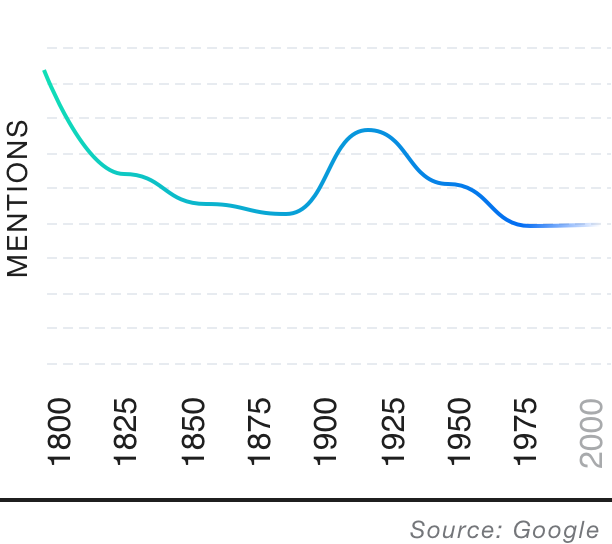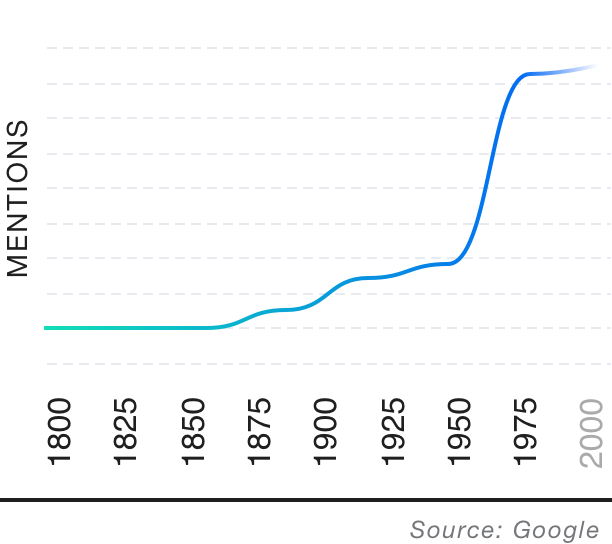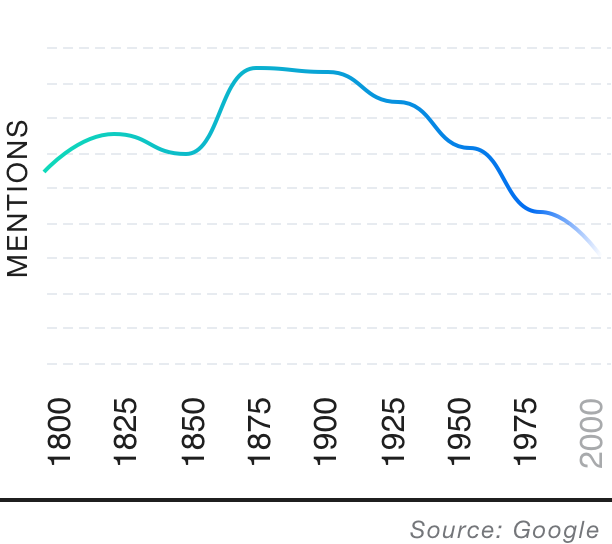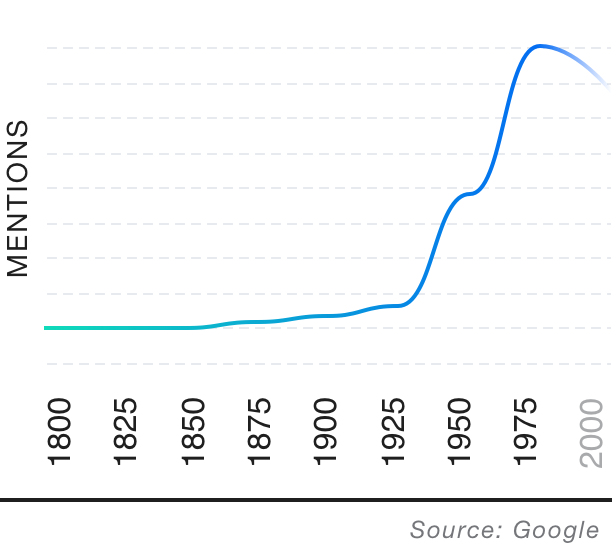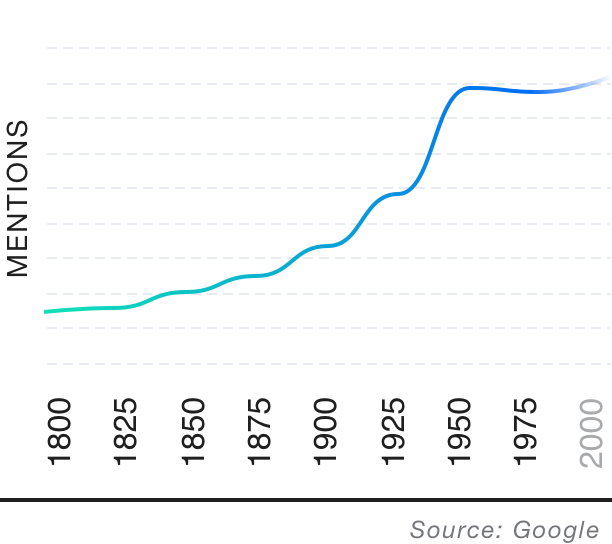Word of the Day
Unctuous
[uhngk-choo-uh s]
Part of speech
Adjective
Origin
Middle English, 14th century
History and Etymology
Middle English, from Middle French or Medieval Latin; Middle French unctueus, from Medieval Latin unctuosus, from Latin unctus act of anointing, from unguere to anoint.
Definition(s)
- Excessively ingratiating or insincerely earnest: was annoyed by the unctuous waiter.
2a. Containing or composed of oil or fat.
2b. Having the quality or characteristics of oil or ointment; slippery.
- Abundant in organic materials; soft and rich: unctuous soil.
Used in a sentence
- More romantic loneliness followed in the encore, the unctuous slow movement of Rachmaninoff’s Cello Sonata.
- The earthiness in the cheese meets the unctuous fruitiness of the wine in a way that enhances the flavors of both.
About the Word (Is it positive or negative?)
Nowadays, unctuous usually has a negative connotation, but it originated as a term describing a positive act, that of healing. The word comes from the Latin verb unguere ("to anoint"), a root that also gave rise to the words unguent ("a soothing or healing salve") and ointment. The oily nature of ointments may have led to the application of unctuous to describe things marked by an artificial gloss of sentimentality. An unctuous individual may mean well, but his or her insincere earnestness can leave an unwelcome residue with others, much like some ointments.
The Word of the Day can also be found in the following places:
Courtesy by Merriam-Webster.com and AHDictionary.com


